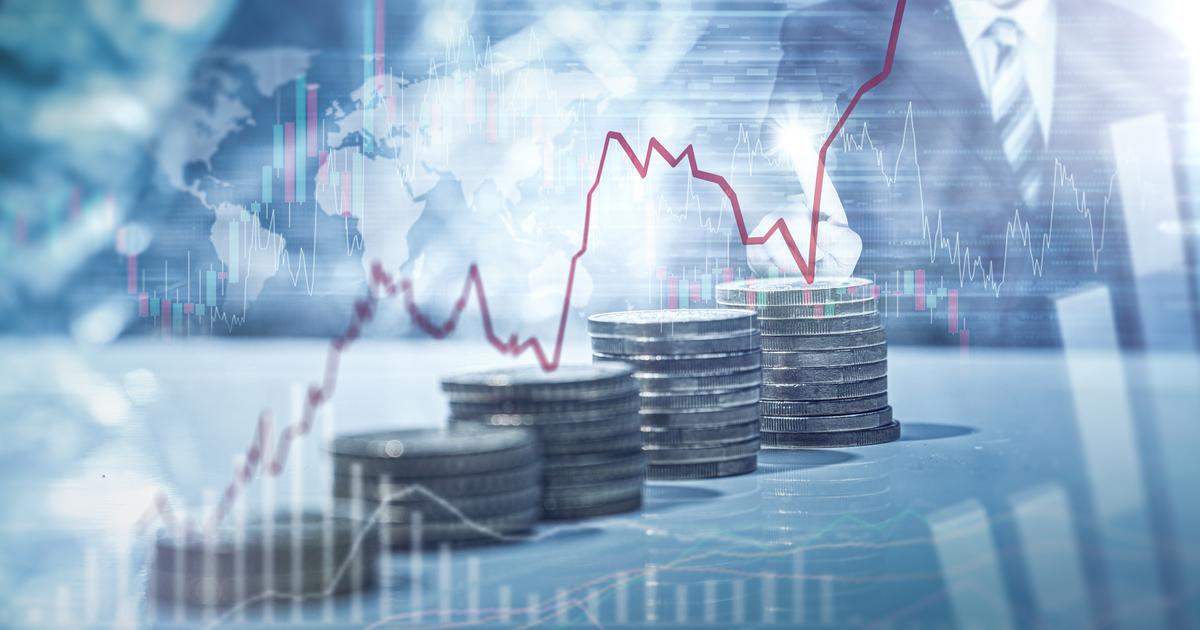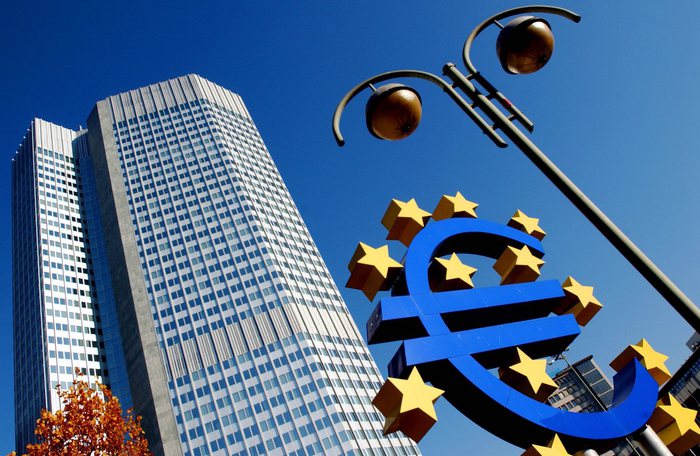The well-known asset manager Bert Flossbach does not expect the central banks to change course quickly.
This is good news for shareholders.
Munich - The stock exchanges are currently in a party mood.
Since the Corona low in March 2020, the Dax * alone has gained a good 100 percent.
But in view of rising inflation rates in the USA or Germany *, many stock market experts are worried about a turnaround in interest rates and an abrupt setback in prices.
Merkur.de
spoke to the well-known asset manager Bert Flossbach in the run-up to the meeting of the US Federal Reserve on Wednesday (June 16) about the party mood on the stock exchanges, possible risks and the question of whether it is not already too late for an entry on the stock exchanges could be.
Flossbach is one of the most renowned financial market experts in Germany.
The business administration graduate founded the capital market specialist of the same name together with his partner Kurt von Storch in 1998.
With assets under management of around 70 billion euros, the Cologne-based company is now one of the largest bank-independent asset managers in Germany.
Mr. Flossbach, the DAX is currently one record high after the other. In the current year alone, the price increase is now around 15 percent. For the year as a whole, the figure is almost 30 percent. Is that fundamentally still understandable or are all of the investors' fuses being blown?
If we look at historical valuations, i.e. the relationship between companies' profits and their share prices, at the level of the major indices, then shares are certainly no longer dirt cheap - on the one hand.
On the other hand, there have been phases in the past few decades in which stocks were valued even higher, sometimes significantly.
And if we then take into account that the interest rate level has never been as low as it is today, and thus the alternatives to stocks have never been so unattractive, then what investors are doing is anything but crazy, but very rational.
How long can this go on?
I dont know.
But if you invest in the long term, you should free yourself from timing considerations anyway.
Getting the best time to start is mostly a matter of luck.
But if you buy stocks in good companies today, you probably won't get angry about it in ten years.
Which doesn't mean prices won't fluctuate significantly in the meantime.
In terms of the chart, the next resistance is 16,000 and 16,300 points.
Do you still trust the Dax to do that?
I have to admit, I'm not very good at making index forecasting. I wouldn't even look too closely at the Dax and let myself be unsettled by its supposedly high level; Especially since it seems so high because - unlike other large indices - dividends are included. Instead, we try to always focus on the company in question. Is the price I have to pay for its shares on the stock exchange appropriate to the quality I get for them or not? Even good companies can be too expensive; bad anyway.
But there are definitely risks. The most recent price surge in particular has recently caused unrest. In the US, the inflation rate was last at five percent. The Federal Statistical Office considers three percent possible in Germany over the course of the year. How dangerous is this development for the stock exchanges?
Of course, investors need to keep an eye on the risks.
In our opinion, the likelihood that we will see higher inflation rates in the coming years than in the past is quite high.
However, it is rather unlikely that the five percent mentioned will become the rule for the USA, including in Europe.
This development is particularly dangerous for interest-bearing investments, savings accounts or fixed-term deposits, and less so for the stock market.
If the economy is growing well at the same time, and corporate profits rise with it, then that is certainly not a bad environment for stocks.
Bert Flossbach: Huge collateral damage in the case of a turnaround in interest rates
The US Federal Reserve will hold its next open market meeting on Wednesday.
Initial observers are already speculating that the Fed could possibly initiate the turnaround.
They also?
I would not speak of a possible turnaround.
The room for maneuver of the major central banks is and will remain limited, even if inflation rises more clearly.
Take a look at the global debt, especially after the many Corona aid packages - all of this can only be financed in the long term if interest rates remain comparatively low.
Any overly ambitious upward adjustment would result in enormous collateral damage.
In the real estate market, in the banking system.
In this respect, I would assume that the central banks will only be able to adjust in homeopathic doses in future - if at all.
So isn't it too late for investors to go to the stock market party?
Ultimately, it always depends on the individual investor.
If you don't have a lot of time because you need the money for other things in the near future - for a new car, home repairs or a trip - you'd better keep your hands off stocks.
The other way around: If you have enough time, many years, you should pack part of your assets in good tangible assets, above all in stocks of good companies.
Not all at once, step by step.
Investing is never just black or white, never all or nothing.
In addition to trust in the quality of the individual systems, what is most important is patience.
The topic of old-age provision is currently gaining momentum again in view of the newly flared up pension debate in Germany.
Do you feel that too, for example with fund buyers?
We have received a lot of encouragement in the past few months - and we are very happy about that.
But I cannot say whether this is directly related to the pension debate.
With Flossbach from Storch One, you now also offer your own digital asset management.
Are you preparing for the time after classic asset management?
No, it is not intended to replace anything or to prepare for its replacement.
Rather, we are concerned with creating a new, very modern access to our service.
What is the advantage over traditional asset management?
Flossbach from Storch ONE can be used from anywhere with internet access;
You can become a customer from the comfort of your own home.
The user interface is intuitive.
We have reduced the entry barrier to 100,000 euros;
the fee is 1.20 percent.
Other costs are not incurred.
For this we offer our decades of expertise and an active, commercial investment approach.
Nothing has changed there.
* Merkur.de is part of IPPEN.MEDIA.






/cloudfront-eu-central-1.images.arcpublishing.com/prisa/MJXGF3E6SCDZUSDOYVAC5JUWXI.jpg)








